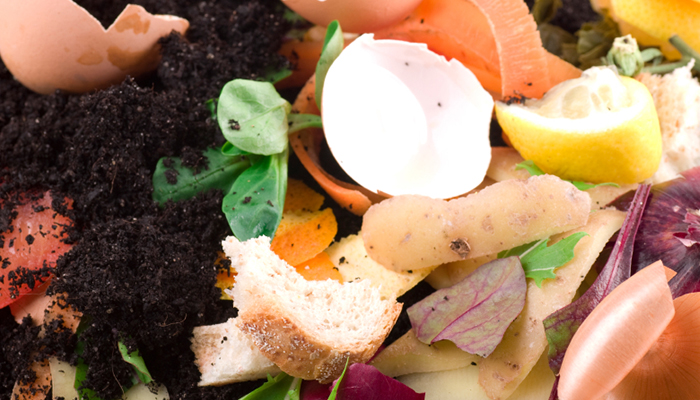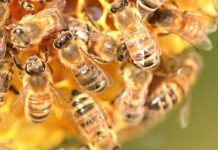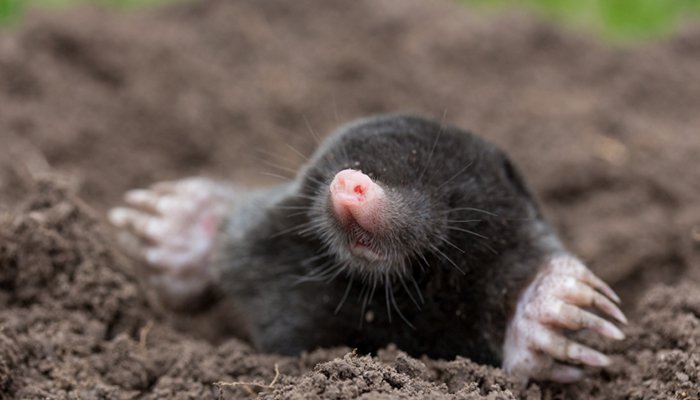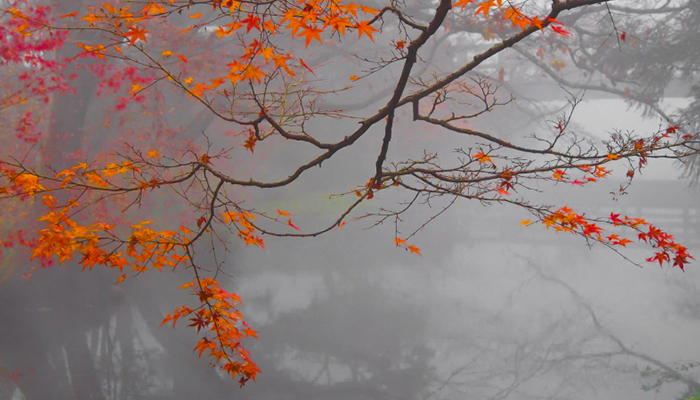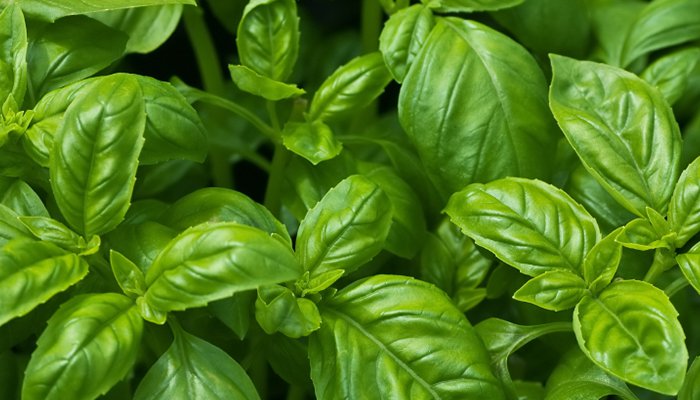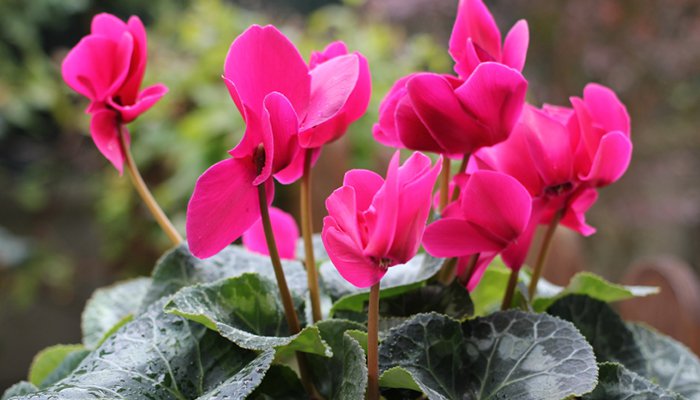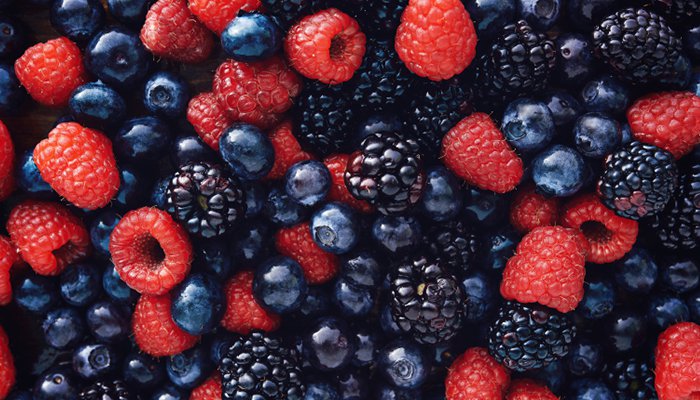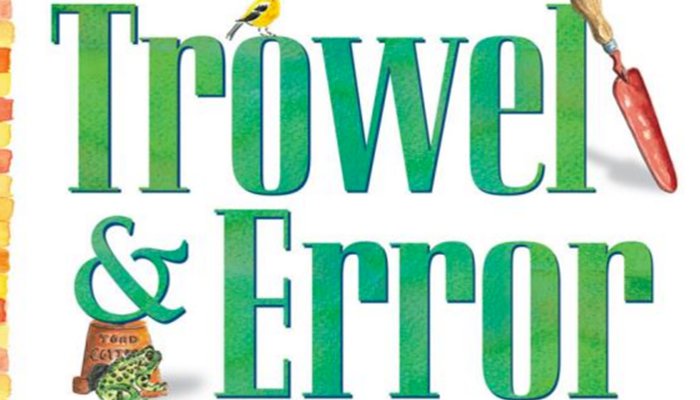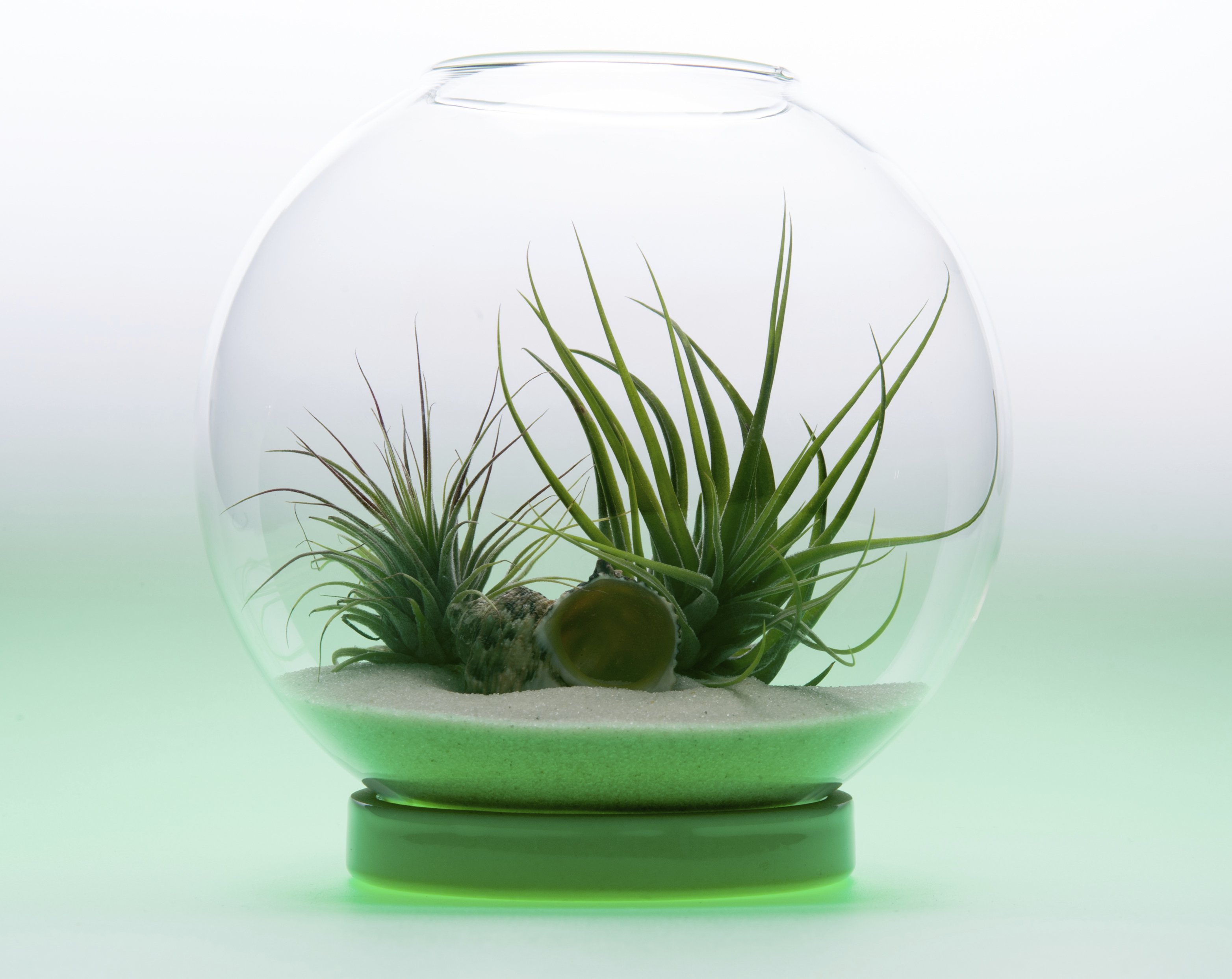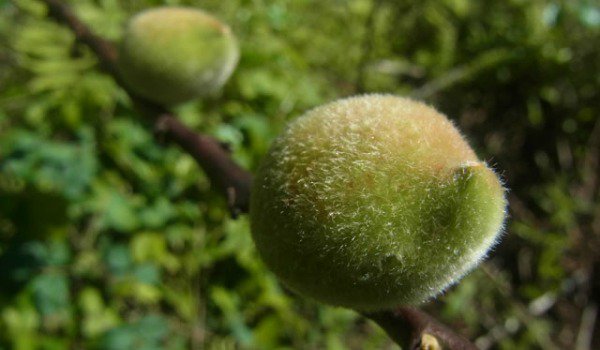Composting is a great way to ensure you have great soil with the right combination of microbes to do what soil does…grow great plants and vegetables. Many people hesitate to use or make their own compost even though it is a great addition to their garden because they are worried about all the things that can go wrong.
Compost has a bad reputation as a nasty, stinky business. However, when done correctly, composting can be easily accomplished with very little effort. Here are some common composting myths that are just not true.
- Composting Stinks: The idea that composting stinks is a very common myth that probably derives from the fact that compost is made of decomposing plant matter, and we are conditioned to think that anything that is decaying is also smelly. In reality, composting will not produce an odor if done correctly. Composting experts recommend a ratio of 3:1 that includes three parts brown plant material (dried leaves and weeds) and one part “green” plant material such as food scraps or grass clippings. If turned properly and with the right ratio the decaying mass of plant matter will not produce a smell.
- Composting attracts rodents and pests: Many people think if there are kitchen scraps (i.e., food) just lying around, rodents and pests are bound to find them. The myth that composting attracts rodents and pests is easily combatted by the same principle as the smell. With the right ratio of plant matter, the decomposition will cause no smell which in turn will attract no pests, rodents or even flies. Another tip for allaying those rodent fears is to eliminate meat, fish and dairy food scraps from your composting ingredients.
- Composting takes a lot of time: Another common myth is that composting takes a lot of time. In reality, the time needed is no more than having a supply of brown plant matter that can be parceled out at the right ratio every time you have food or kitchen scraps on hand. It’s as simple as throwing in the kitchen scraps or the grass clippings from the last time you mowed the lawn with times as much leaf or weed matter. Give the ingredients a quick turn with the hoe or rake or turn the handle on a commercial bin, and you are done! By properly storing and using the waste from normal yard chores and using your own leftover kitchen scraps, composting for your own gardening needs is really an easy and time efficient thing to do.
- You don’t need fertilizer: Some people think if you use compost, you don’t need fertilizer. It is very important to understand that compost prepares the soil and helps give the plants an environment in which to thrive. However, while compost does contain a small amount of nutrients, you will still need to do a soil test and fertilize using the appropriate nutrients for you soil.
Composting can be easy and good for your garden. Don’t let these common myths about composting deter you from giving it a try!


